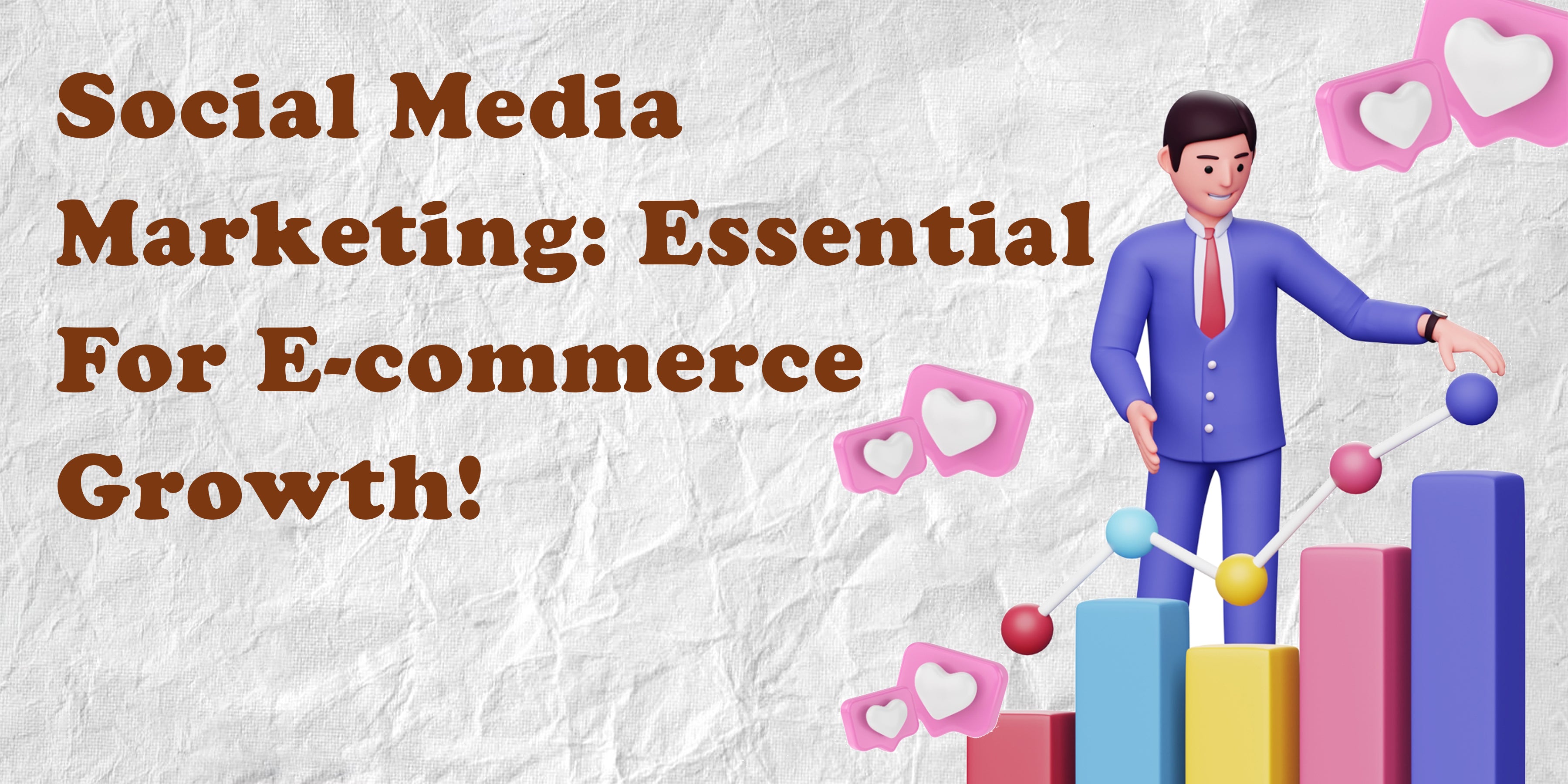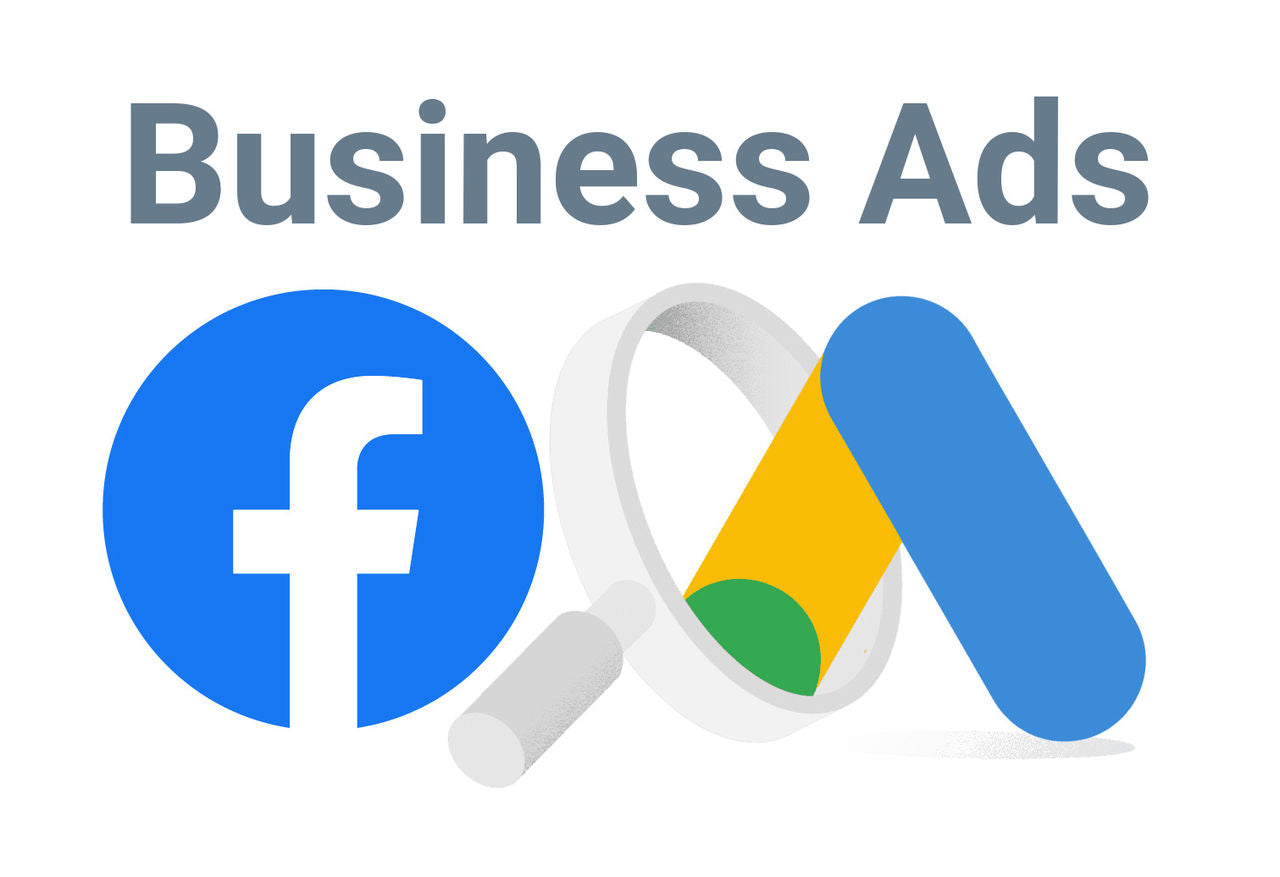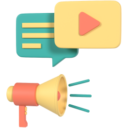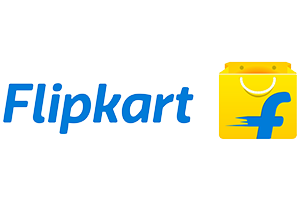Why Social Media Marketing is Essential for E-commerce Growth
Docsico

Social media has transformed the way businesses market their products online. With billions of active users, platforms like Facebook, Instagram, TikTok, Pinterest, and LinkedIn offer e-commerce brands a powerful way to connect with customers, drive sales, and build brand loyalty.
If you're an e-commerce business looking to increase visibility, drive traffic, and boost conversions, social media marketing (SMM) is no longer optional it’s essential! 🚀
Increase Conversions with Ads
🔍 1. The Power of Social Media for E-commerce+
✅ 4.9 billion social media users worldwide 🌎
✅ 54% of people use social media to research products 🛍
✅ 75% of Instagram users take action after seeing a product ad 🎯
✅ Facebook & Instagram Shops allow direct product sales 🏪
Social media gives e-commerce brands instant access to a massive audience while providing tools to engage, advertise, and sell directly to customers.
🎯 2. Key Benefits of Social Media Marketing for E-commerce+
1️⃣ Increased Brand Awareness
🌍 Social media helps your brand reach millions of potential customers through organic posts, paid ads, and influencer collaborations.
2️⃣ Direct Customer Engagement
💬 Platforms like Instagram DMs, Facebook Messenger, and WhatsApp Business allow real-time communication with customers, answering their questions and building trust.
3️⃣ Driving Targeted Traffic
🔗 Sharing content and running ads on social media directs highly targeted traffic to your e-commerce store, increasing the chances of conversions.
4️⃣ Social Proof & Trust Building
🌟 Customer reviews, user-generated content, and influencer endorsements on social media act as powerful trust signals, influencing purchase decisions.
5️⃣ Cost-Effective Advertising
💰 Social media advertising offers lower cost-per-click (CPC) and better ROI than traditional digital ads, allowing you to scale without breaking the bank.
6️⃣ Shopping Features for Direct Sales
🛍 Features like Instagram Shopping, Facebook Shops, and Pinterest Buyable Pins allow users to purchase products without leaving the platform.
7️⃣ Retargeting & Remarketing
🔁 Social media retargeting ads help you bring back visitors who didn’t purchase on their first visit, increasing your conversion rates.
🚀 3. Best Social Media Platforms for E-commerce Growth+
| Platform | Best For |
|---|---|
| Paid ads, retargeting, Facebook Shops | |
| Visual marketing, influencer collaborations, Instagram Shops | |
| TikTok | Short-form video marketing, viral campaigns |
| Product discovery, buyable pins, lifestyle brands | |
| B2B e-commerce, professional networking | |
| YouTube | Video marketing, tutorials, product reviews |
Each platform serves a unique purpose and should be part of your e-commerce marketing strategy.

Top Social Media Marketing Strategies for E-commerce
1. Optimize Your Social Media Profiles
📌 Use a clear logo, compelling bio, and contact details on all platforms.
📌 Add your website link and shopping features (Instagram Shop, Facebook Shop).
2. Create High-Quality Content
📸 Post high-resolution images, engaging videos, and carousel posts to showcase your products.
📊 Share customer testimonials and behind-the-scenes content to build trust.
3. Leverage Influencer Marketing
🤝 Partner with micro-influencers and celebrities to promote your products.
🎥 Use unboxing videos, reviews, and giveaways to boost engagement.
4. Run Targeted Ads for Higher Conversions
🎯 Use Facebook & Instagram Ads to target specific audiences based on interests, behaviors, and demographics.
📈 Set up retargeting campaigns to re-engage visitors who didn’t convert.
5. Use Social Commerce Features
🛍 Set up Instagram Shopping & Facebook Shops for seamless shopping.
📌 Enable Pinterest Buyable Pins to drive direct sales.
6. Engage with Your Audience
💬 Reply to comments, DMs, and customer inquiries quickly.
📊 Run polls, quizzes, and contests to increase engagement.
7. Post User-Generated Content (UGC)
📸 Share content created by your customers, such as reviews and product images.
🏆 Offer discounts or rewards to customers who post about your brand.
8. Use Hashtags & Trends
🔍 Research and use popular industry hashtags to increase visibility.
🔥 Stay updated on viral trends and challenges to create relevant content.
9. Offer Exclusive Discounts & Flash Sales
🎁 Announce limited-time offers, giveaways, and exclusive discounts for your followers.
⏳ Use countdown timers and urgency-driven messaging.
10. Track and Analyze Performance
📊 Use Facebook Insights, Instagram Analytics, and Google Analytics to measure success and optimize your strategy.
FAQs: Social Media Marketing for E-commerce
1. How often should I post on social media for my e-commerce store?+
✅ Post at least 3-5 times per week on each platform for consistent engagement.
2. Which social media platform is best for selling products?+
✅ Instagram & Facebook are the best for direct sales, while Pinterest & TikTok help drive product discovery.
3. How much should I spend on social media ads?+
✅ Start with a ₹5,000 - ₹10,000 ($100 - $200) budget, then scale based on performance.
4. What is the best type of content for social media marketing?+
✅ Videos, reels, product demos, influencer reviews, and user-generated content work best.
5. How do I get more followers for my e-commerce business?+
✅ Run giveaways, collaborate with influencers, and use hashtags to grow your audience.
6. Should I use paid ads or organic content for social media marketing?+
✅ A combination of both works best—organic content builds trust, while paid ads drive sales.
7. How can I increase engagement on my posts?+
✅ Post interactive content (polls, Q&A, quizzes) and respond to comments and DMs.
8. What is the best time to post on social media?+
✅ The best times vary by platform, but generally:
- Instagram: 11 AM - 1 PM & 6 PM - 9 PM
- Facebook: 9 AM - 12 PM & 5 PM - 8 PM
- TikTok: 6 PM - 10 PM
9. Can I sell products directly on Instagram & Facebook?+
✅ Yes! Use Instagram Shops & Facebook Shops to enable direct checkout.
10. How do I create an effective social media strategy for e-commerce?+
✅ Define your goals, choose the right platforms, post high-quality content, use ads, and analyze results.
11. What are the best tools for social media marketing?+
✅ Canva, Buffer, Hootsuite, Facebook Business Suite, and Later are great for scheduling and content creation.
12. How do I run retargeting ads on social media?+
✅ Install the Facebook Pixel on your website and set up retargeting campaigns.
13. What’s the difference between social media ads and Google Ads?+
✅ Social media ads are visual and engagement-focused, while Google Ads are search-based.
14. How do I get more user-generated content?+
✅ Encourage customers to share their experiences and use a brand hashtag.
15. Can I automate my social media marketing?+
✅ Yes! Use tools like Zapier, Buffer, and Facebook Business Suite to schedule posts and ads.
Engage your audience and grow your brand with powerful social media marketing strategies.
Ready to elevate your social media presence? Explore Our Social Media Marketing Services















